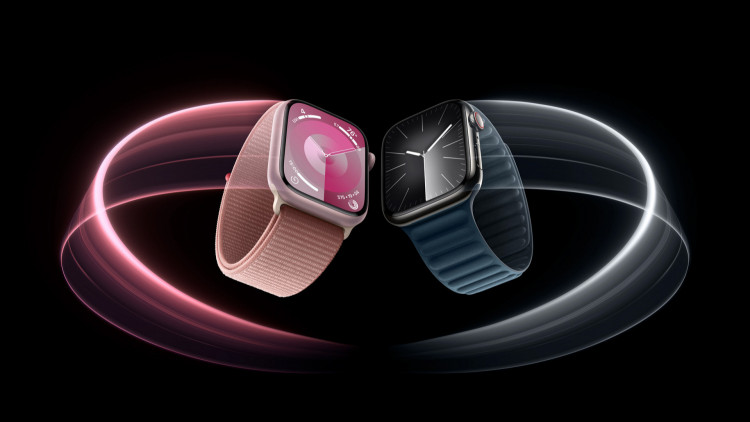In a significant development for Apple Inc., U.S. Customs and Border Protection has determined that a redesign of the Apple Watch will allow the tech giant to bypass an import ban on its latest models. This move comes amid a patent infringement dispute with medical-monitoring technology company Masimo. The decision, revealed in a recent court filing, marks a pivotal moment in the ongoing legal tussle between Apple and Masimo but raises questions about the future functionality of the Apple Watch.
The import ban, issued by the U.S. International Trade Commission (ITC), targeted Apple's Series 9 and Ultra 2 watches over allegations of infringing blood-oxygen reading patents held by Masimo. The ban initially went into effect on December 26, but Apple swiftly obtained a pause from a U.S. appeals court the following day, resuming sales as it contested the ruling.
Apple proposed a redesign to address the infringement issues, possibly involving a software update, though the specifics have not been publicly disclosed. The customs agency's decision in favor of Apple's redesign could be challenged if the ITC disagrees.
At the heart of the dispute is Masimo's accusation that Apple, in developing its smartwatches, used technology akin to Masimo's pulse oximetry, crucial for measuring blood oxygen levels. Apple has included a pulse oximeter feature in its smartwatches since the Series 6 model in 2020. The tech giant countersued Masimo, characterizing its legal actions as an attempt to clear a path for its competing smartwatch.
The potential elimination of the pulse oximeter function in Apple Watches, as indicated in the federal court filing, might help Apple circumvent the import ban. However, this change could affect one of the key health-monitoring features that have been a significant selling point for the Apple Watch. Apple has heavily marketed its smartwatch as a life-saving device, a claim that has contributed to its popularity as the world's most sold watch.
As per Masimo's attorney, Joseph R. Re, the enforcement branch of U.S. Customs and Border Protection concluded that Apple's redesigned Apple Watch, sans the pulse oximeter functionality, would comply with the import regulations. This redesign approval, while resolving the immediate legal hurdle, could impact Apple's marketing and consumer appeal, given the health monitoring capabilities central to the Apple Watch's value proposition.
The temporary block of the sweeping import ban by a federal appeals court has allowed the continued sale of the Apple Watch Series 9 and Ultra 2 in the United States with the disputed feature. Apple, in its appeal, argued that the continuation of the ban would cause "irreparable harm," a stance now potentially weakened by the approved workaround.
Apple's skirmish with Masimo highlights the challenges tech companies face in navigating complex patent landscapes, especially when innovative features intersect with specialized medical technology. The case also underscores the delicate balance between maintaining product functionality and adhering to intellectual property laws.
The situation presents a dilemma for Apple: while the redesign allows the company to continue importing and selling its latest smartwatches, the potential removal of the pulse oximeter feature could dilute one of the Apple Watch's key health-related functions. This feature has been instrumental in positioning the Apple Watch not just as a tech accessory, but as a health and wellness companion.
The legal battle with Masimo and the consequent redesign of the Apple Watch also reflect the broader industry trend where tech giants are increasingly integrating sophisticated health-monitoring technologies into consumer products. These advancements, however, bring them into direct competition-and sometimes conflict-with companies specializing in medical technologies.
For consumers, the outcome of this dispute and the consequent redesign could alter the landscape of smartwatch functionalities, particularly in terms of health monitoring capabilities. While Apple has vowed to explore all legal and technical options to ensure the availability of its latest watches, the company's ability to navigate this legal impasse while preserving key features of its products remains a focal point of interest.
As Apple anticipates a ruling on its motion to block the ban during the appeals process, the tech industry and consumers alike will be closely watching how this legal battle shapes the future of smartwatch technology and the intersection of consumer electronics with healthcare innovation.






